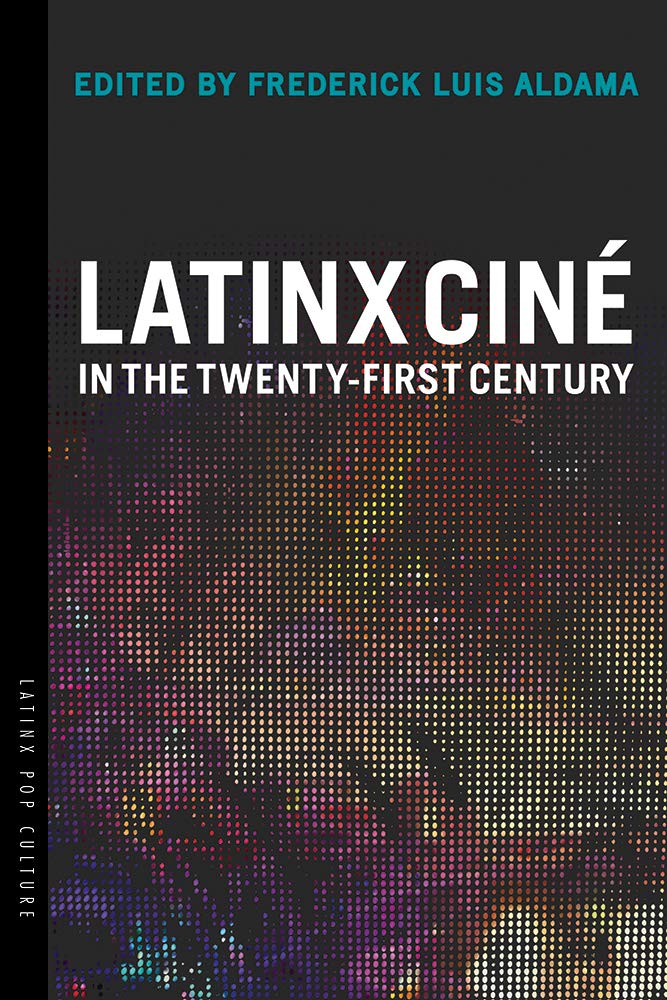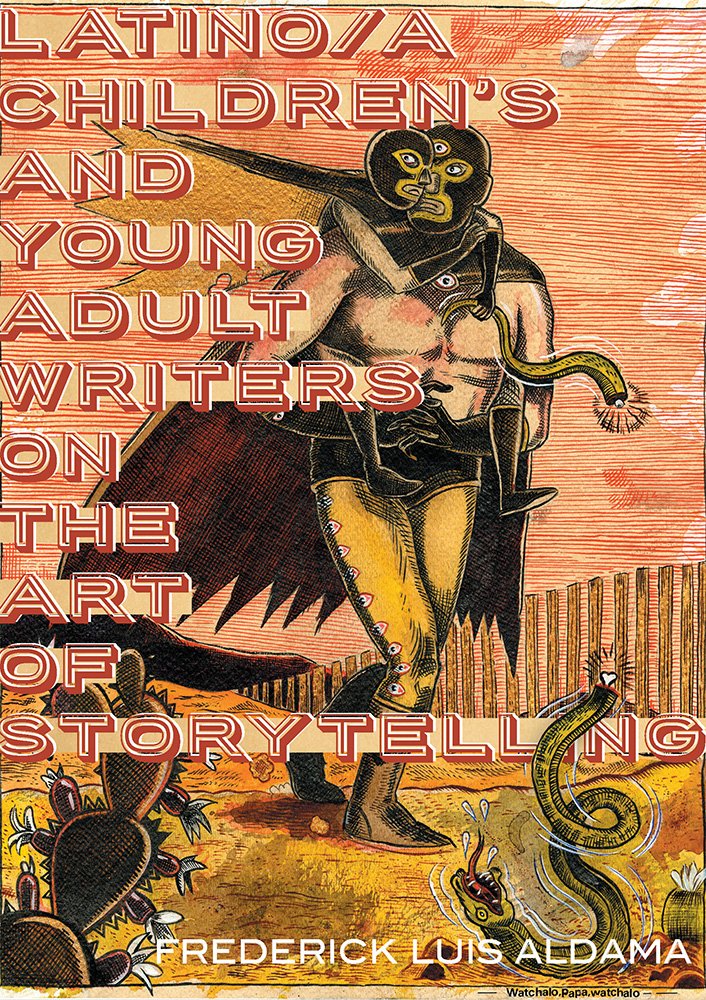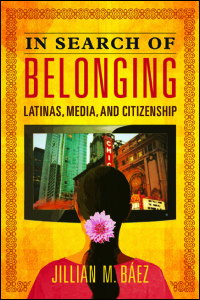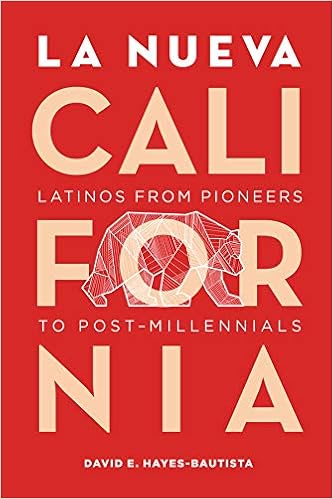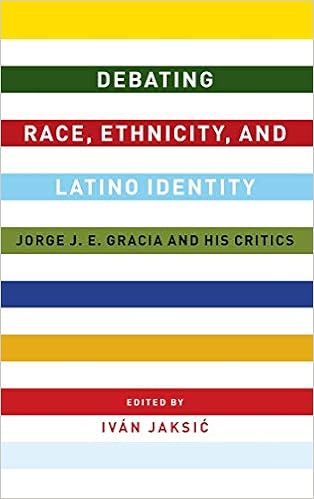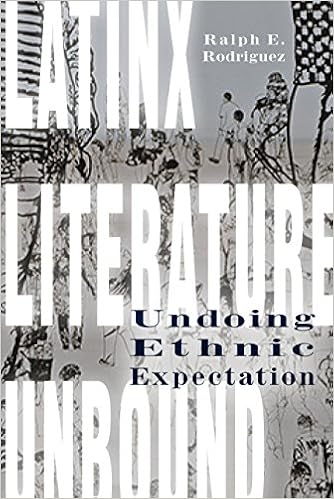October 2021 Virtual Display #1: Hispanic and Latinx Heritage Month
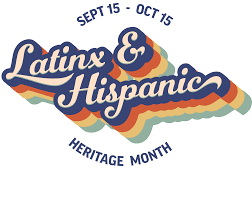
September 15th to October 15th is Latinx and Hispanic Heritage Month! This month we recognize and celebrate contributions by the Latinx and Hispanic American communities. To learn more about the history of Latinx and Hispanic Heritage Month, check out the official website, run by the Library of Congress.
Clark College Libraries is using both “Hispanic” and “Latinx” with an understanding that not everyone feels represented by one term. While “Latinx” is used in many academic settings as a way to be inclusive of all genders, we recognize that there is some debate around using that term. More information about this topic can be found here and here.
Follow the links below to check out some ebooks, videos, articles, and other digital resources. To access ebooks click the link next to “Get It Now At:” and sign in with your lab username and password. Some may have a link at the top of the page that says “Check for full text” instead. Non-library resources do not require a Clark Labs account.
Ebooks
Other Resources
Articles
7 Icons Adored by the Queer Latinx Community
“Given it’s also LGBTQ+ History Month, it’s worth celebrating those who have made an impact on queer Latinx culture. This legendary list has some familiar faces, and some that deserve more recognition than they get, but all of them have made a major impact on our community.”
“Ultimately, defining what it means to be Afro-Latino is personal and can be subjective, multiple scholars and Afro-Latinos told CNN. They have dark and lighter skin, they are fully bilingual or only speak some Spanish and their families are linked to more than a dozen countries. The term acknowledges that Black Latinos face different struggles than other Latinos, especially those with lighter skin, experts say.”
Call Me Latine: New Online Resource Helps Queer and Non-Binary Latines Define Themselves
“The Spanish language is gendered, usually defined by words ending in the masculine form “o” and the feminine form “a.” In an effort to remove gender from the language, LGBTQ, non-binary, and feminist communities in Spanish-speaking countries began replacing the “o” or “a” with the gender-nuetral ending “e.” For example, mi amigo is changed to mi amigue or el niño is changed to elle niñe.”
Growing Up As A Disabled Latinx Immigrant In America
“I continue to fight for institutional change and inclusion for disabled BIPOC immigrants, yet I don’t pretend that this is enough, nor that being included in a capitalist, ableist, racist, xenophobic system is the answer to our problems. I believe that my community is best served when we gather and envision a liberated world outside of oppressive systems, and we fight toward it everyday. We’ve always been our own best answers.”
I Know What Latinx Resilience Looks Like Because I’m Living It
“Our resilience as a united power is demonstrated in our never-ending fight as working-class people of color against the increase of xenophobic rhetoric present within modern U.S. politics and society. Despite this hate, it must become evident that we are not political pawns; we are human beings who are contributing to the future of this nation. We are dreamers. We are immigrants. We are resilient. We are here today, and we are here to stay.”
Latinx Culture and Halloween Have a Strong Connection
“Across borders and continents, through the shared trauma of colonialism, the layers of Indigenous, African, and European influences have crafted for Latinx people a unique intimacy with the dance between death and life. The things that might scare us are often not very frightening at all, and likewise, what might seem conventional on the surface often has much more sinister underpinnings below. It’s this double-vision that fuels Latinx people’s passion for the spooky, the gothic, and gives a richer understanding that these dichotomies are actually spectrums: two sides of the same coin.”
Unsung Heroes of Latinx Farmworkers’ Labor Movement, from Maria Moreno to Fast Food Boycotters
“There’s no end in sight to the cruelties that continue to be perpetuated by this administration, but through it all, Latinx workers have shown that they will continue to organize, strategize, and fight back. Viva la huelga!”
Vibrant Food and Cuisines Celebrated in National Hispanic Heritage Month
“A big part of the cultural heritage that many Latinx people share in this country is food. The passing of recipes from generations who had to immigrate and migrate to the United States has kept many close to their home countries. A bite of creamy flan can take you back to your aunt’s house and having a savory pupusa filled with cheese can transport you to your grandparents’ home. These recipes, recreated in homes and restaurants across the United States, give many a taste of their roots.”
Why Hispanic Heritage Month starts in the middle of September
“Rather than starting at the beginning of September, Hispanic Heritage Month takes place over 30 days starting on the 15th — a nod to the anniversaries of national independence for a number of Latin American countries: Costa Rica, El Salvador, Guatemala, Honduras and Nicaragua all recognize September 15 as the date of their independence, while Mexico’s independence is celebrated September 16 and Chile celebrates its independence September 18.”
Why Latinx People Are Uniquely Vulnerable to Wrongful Conviction
“Most Latinx people in the U.S. are U.S. citizens, but in some cases, they face similar challenges to wrongfully convicted Latinx immigrants. In several cases, U.S. citizens have been wrongfully convicted of entering the country illegally or committing another immigration violation, and were exonerated only after proving that they had been citizens all along.”
Yes, We’re Calling It Hispanic Heritage Month And We Know It Makes Some Of You Cringe
“But it’s not too late to pose the following thorny questions: What’s the harm in lumping together roughly 62 million people with complex identities under a single umbrella? Is a blanket pan-ethnic term necessary to unite and reflect a shared culture that is still largely (infuriatingly) excluded from mainstream popular culture? Or the more basic question: ¿Por que Hispanic?”
Websites
Celebrate Hispanic Heritage Month 2021
Hispanic and Latinx People with Disabilities
Revisiting Washington — Latino Heritage
Videos and Podcasts
40 Latinx Podcasts You Need To Be Listening to Right Now
Disability, Queerness, and Self-Love with Annie Segarra
Hispanic Heritage Month 2021: Latinos Lead
Hispanic, Latino, Latinx: What’s in a name?
Featured Image Photo Credit: https://www.diversity.pitt.edu/events/monthly-celebrations/hispanic-heritage-celebration-month

